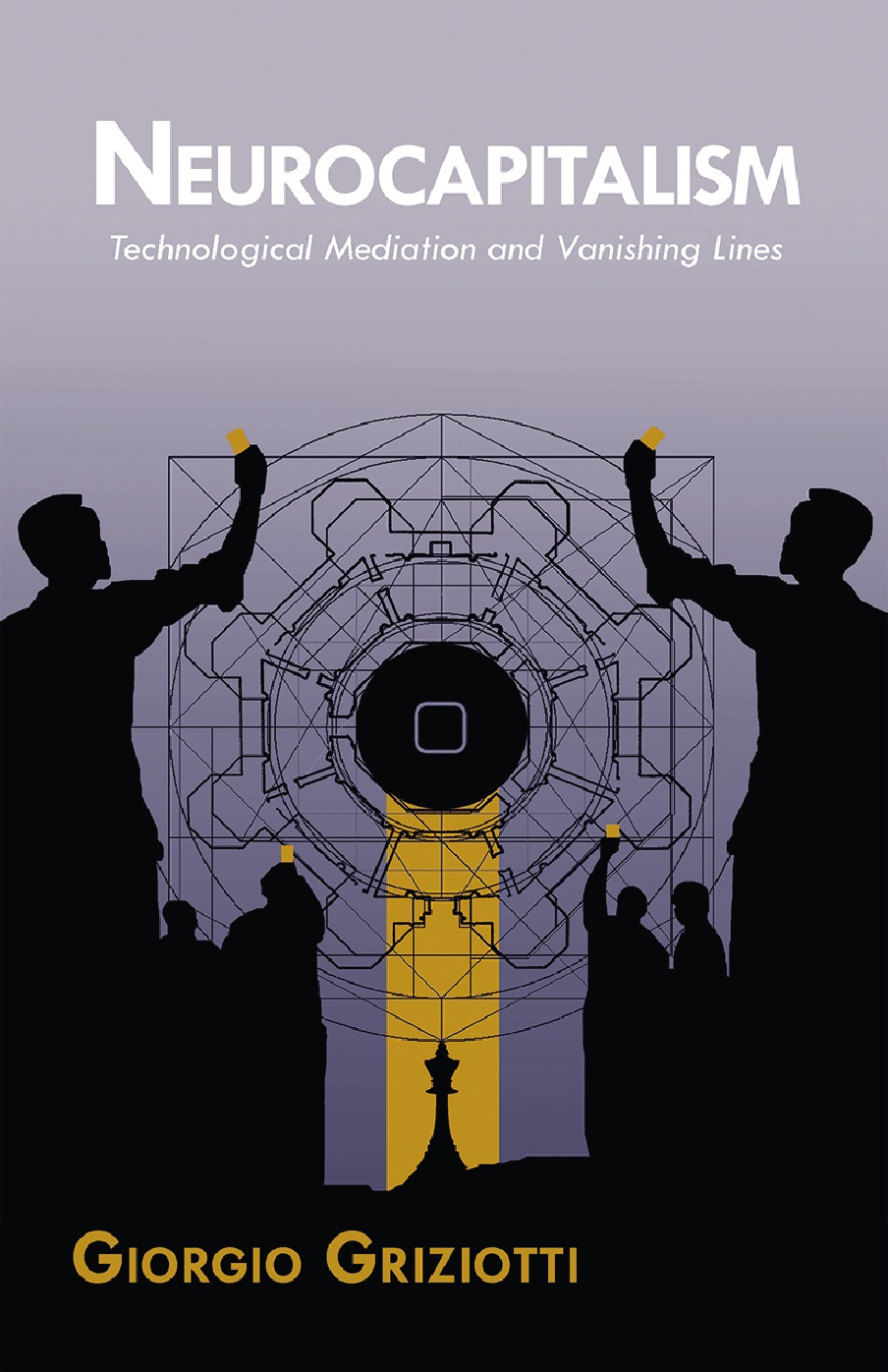Skuteczność sztuki (2014) [Polish]
Filed under book | Tags: · activism, art, art theory, community art, design, knowledge production, labour, participation, participatory art, politics, production, society, work

“Publikacja dotyczy jednego z najważniejszych problemów współczesnej sztuki – jej możliwej i oczekiwanej skuteczności. W obszernym tomie pod redakcją Tomasza Załuskiego, w ponad dwudziestu esejach i wywiadach temat ten zostaje przeanalizowany przez teoretyków i praktyków sztuki współczesnej. Dzięki tej wielości perspektyw publikacja jest pełną aktualnych odniesień prezentacją różnych poglądów, doświadczeń i postaw.
Pojęcie „skuteczności” jest przez autorów ujęte w krytyczny sposób i szeroko sproblematyzowane. Eseje i wywiady zostały pogrupowane wokół sześciu zagadnień: Jak sztuka odnosi się do współczesnych zjawisk ekonomicznych i rodzajów pracy oraz produkcji? Czy dizajn może kształtować zachowania i relacje społeczne? Kolejne części stawiają pytania o kwestie kolektywności, partycypacji i politycznego zaangażowania artystów, w tym o związki sztuki i miejskiego aktywizmu. Wreszcie podjęte zostają problemy dotyczącego tego, czy sztuka może być narzędziem społecznej zmiany oraz czy istnieje dziś miejsce dla sojuszu sztuki i nauki?
Publikacja jest podsumowaniem trzyletniej dyskusji prowadzonej w Muzeum Sztuki na temat zagadnienia skuteczności sztuki.”
Contributors: Edwin Bendyk, Łukasz Białkowski, Roman Dziadkiewicz, Adam Dzidowski, Joanna Erbel, Mikołaj Iwański, Aleksandra Jach, Rafał Jakubowicz, Małgorzata Ludwisiak, Ewa Majewska, Wojtek Moćko, Zbigniew Oksiuta, Adam Ostolski, Marcin Polak, Mikołaj Ratajczak, Monika Rosińska, Aneta Rostkowska, Jan Sowa, Joanna Warsza, Tomasz Załuski, Marcin Zaród, Agnieszka Ziętek.
Edited by Tadeusz Załuski
Publisher Muzeum Sztuki w Łodzi, Łódź, 2014
ISBN 9788363820190, 8363820199
579 pages
Review: Szum (2015, PL).
Comment (0)McKenzie Wark: Capital Is Dead: Is This Something Worse? (2019)
Filed under book | Tags: · capitalism, data, information, labour, marxism, nature, neoliberalism, production, theory

“It’s not capitalism, it’s not neoliberalism—what if it’s something worse?
In this radical and visionary new book, McKenzie Wark argues that information has empowered a new kind of ruling class. Through the ownership and control of information, this emergent class dominates not only labour but capital as traditionally understood as well. And it’s not just tech companies like Amazon and Google. Even Walmart and Nike can now dominate the entire production chain through the ownership of not much more than brands, patents, copyrights, and logistical systems.
While techno-utopian apologists still celebrate these innovations as an improvement on capitalism, for workers—and the planet—it’s worse. The new ruling class uses the powers of information to route around any obstacle labor and social movements put up. So how do we find a way out? Capital Is Dead offers not only the theoretical tools to analyze this new world, but ways to change it. Drawing on the writings of a surprising range of classic and contemporary theorists, Wark offers an illuminating overview of the contemporary condition and the emerging class forces that control—and contest—it.”
Publisher Verso, London, 2019
ISBN 9781788735308, 1788735307
202 pages
Book launch (with Natasha Lennard, video, 90 min).
Interviews with author: Verso Books (video, 2019, 16 min), Red May TV (with Alexander Zevin, Jasper Bernes and Wendy Liu, video, 2020, 110 min), Guy Mannes-Abbot (Tank, 2019).
Reviews: Garrett Pierman (Marx & Philosophy, 2020), Ben Tripp (Hyperallergic, 2020), Madeleine Collier (Afterimage, 2020), Colin Drumm (Cosmonaut, 2019), Mark Steven (Sydney Review of Books, 2020), Steve Hanson (Manchester Review of Books, 2020), Antonio Navarro (Teknokultura, 2020, ES).
HTML
PDF (9 MB, added on 2019-11-22)
Giorgio Griziotti: Neurocapitalism: Technological Mediation and Vanishing Lines (2016–)
Filed under book | Tags: · automation, capitalism, commons, decentralization, labour, neurocapitalism, politics, production, technology, theory

“Analyzes the changing politics of technology, charting out possibilities for autonomous cooperation
Technological change is ridden with conflicts, bifurcations and unexpected developments. Neurocapitalism takes us on an extraordinarily original journey through the effects that cutting-edge technology has on cultural, anthropological, socio-economic and political dynamics. Today, neurocapitalism shapes the technological production of the commons, transforming them into tools for commercialization, automatic control, and crisis management.
But all is not lost: in highlighting the growing role of General Intellect’s autonomous and cooperative production through the development of the commons and alternative and antagonistic uses of new technologies, Giorgio Griziotti proposes new ideas for the organization of the multitudes of the new millennium.”
First published as Neurocapitalismo: Mediazioni tecnologiche e linee di fuga, Mimesis, 2016.
Foreword by Tiziana Terranova
Translated by Jason Francis McGimsey
Publisher Minor Compositions, Colchester, February 2019
Open access
ISBN 1570273421, 9781570273421
244 pages
PDF, PDF
Reviews and extracts in Italian, Spanish and French

